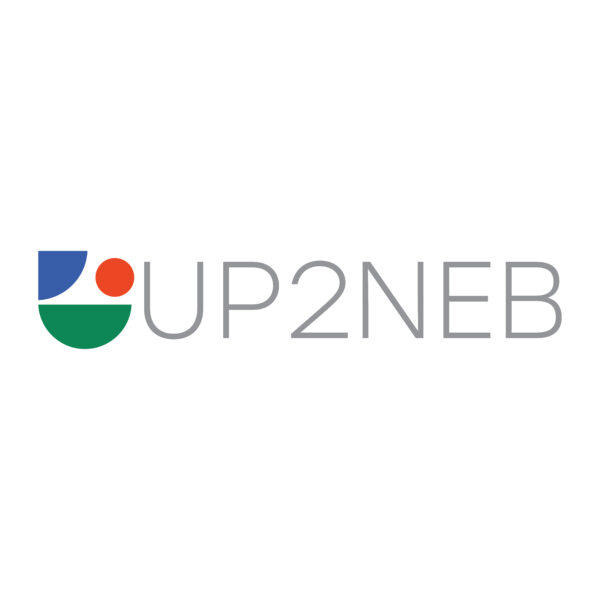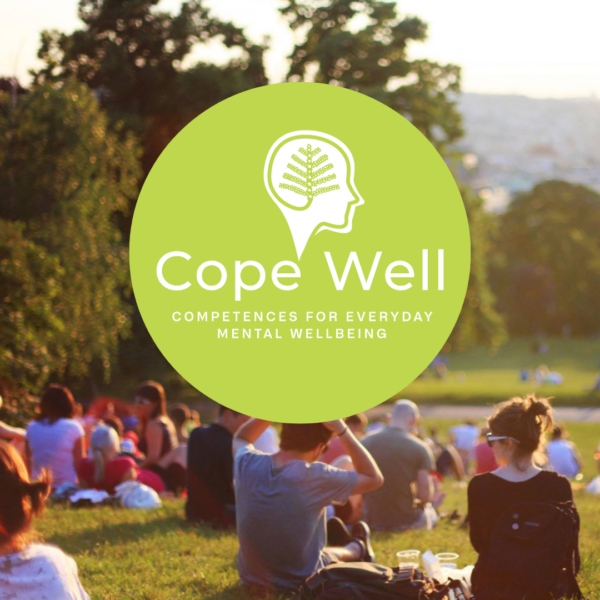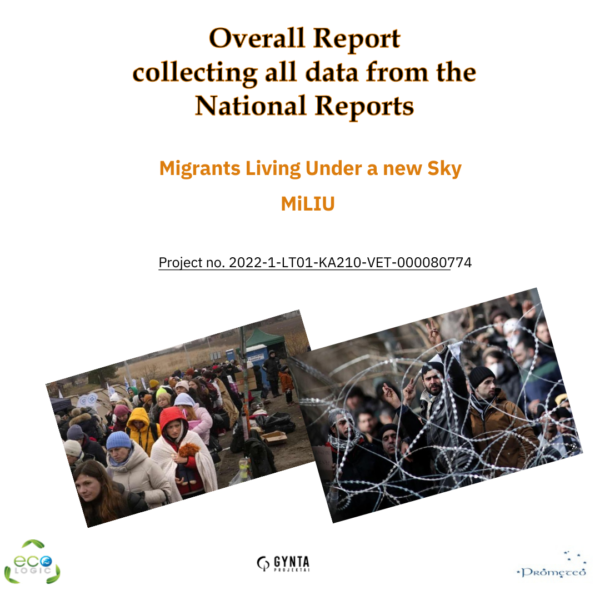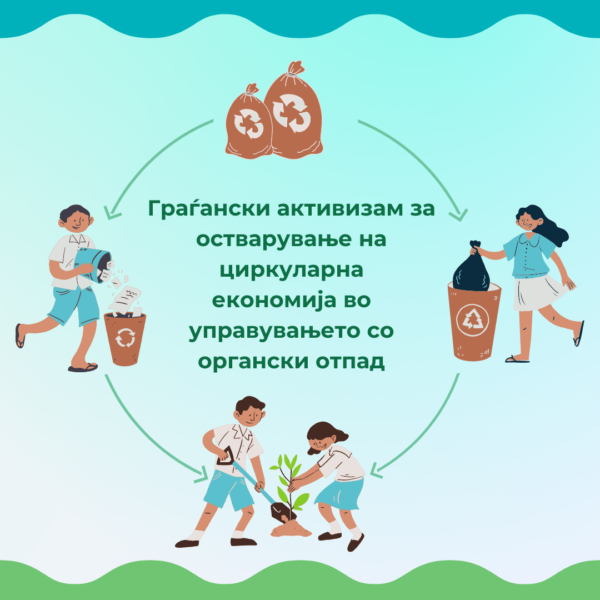Project title: Design Thinking for Social Inclusion
Project start date: 01-01-2022
Duration: 30 months
Project end date: 01-07-2024
Coordinator of the project:
Verein Niedersächsischer Bildungsinitiativen e.V., Germany
Partner Organizations:
SYNTHESIS CENTER FOR RESEARCH AND EDUCATION LIMITED, Cyprus
CESIE, Italy
Compass – Beratung, Begleitung und Training Gemeinnützige GmbH, Austria
Grunnet&Petersen I/S, Denmark
Eco Logic ,The Republic of North Macedonia
FO-Aarhus, Denmark
Context/Background
The promotion of social inclusion is one of the core topics of the European Union, also and especially in non-formal education. Adult education providers offer a wide range of opportunities to meet the demands of different social groups: from language and integration courses for migrants and refugees, to vocational training and personal development programmes, to socio-political offerings. The learning success of these offers also depends on the extent to which the target groups themselves are involved in the learning process and to what extent the offers are oriented towards the expectations and needs of the users. Human-centred learning outcomes and participatory learning methods are therefore of great importance. A recognised method that simultaneously focuses on user orientation and working in multidimensional teams is Design Thinking. Design thinking is a human-centred, iterative process that can be used to solve problems. The aim of design thinking is to discover and understand existing needs in order to eventually be able to develop innovative solutions. The process includes methods that enable empathy with people. In the individual steps of the process, a balance is sought between analytical and creative thinking. Meanwhile many social innovation developments are based on a creative Design Thinking process.
The plan is then to target:
The Design Thinking for Social Inclusion project will address the following needs of the partnership and the target groups (primary and secondary):
• The need for increased awareness regarding the causes and current state of marginalized groups and a wider perception and visibility of newly-marginalized individuals, groups or communities, so that decisions and actions can be better informed by all stakeholders and social actors.
• The need for mutual support and collaboration in order to tackle new and existing challenges in engaging the 3 social actors and maintaining their engagement and commitment, through the opportunity for transnational collaboration, exchange of ideas and best practices and the opportunity to co-design and co-create learning materials and methods.
• The need for new, innovative, interactive, iterative methods for addressing social issues, and particularly methods that recognize the need for empathy, diversity, resiliency. Design Thinking is such a method, and can be a useful and diverse tool for all partners and their target groups both personally and socially.
• The need for supporting employment and integration skills through initiatives that go beyond the government subsidies or training programs, and are more flexible and more inclusive aiming at long term change rather than temporary relief.
• The need to enhance, update, support community work either as direct agents (for some partners and target groups) or through learning opportunities (for other partners and target groups).
• The need to incorporate sustainability as a core concern for internal and social activities for all partners and target groups. The project will address those needs in a twofold manner: a) Through the actual cooperation of the partnership and their engagement with the 3 groups of social actors and their communities, as well as the primary and secondary target groups, and b)Through the knowledge, skills, and attitudes that will be developed as partners work with the target groups towards the project outputs, results, and deliverables. The chosen method of design thinking is based on the joint development of human-centred problem solutions in multidisciplinary teams. This also includes the active involvement of the target groups at all levels. Here, the participants are part of the process as experts in their own right.
Objectives:
With the Design Thinking methodology the project is going to introduce high quality learning opportunities and educational products to adult learning institutions, with a special focus on social and inclusive education. In accordance with the strategic objective of improving the quality and efficiency of education and training of the ET2020 strategic framework, the project will improve educators’ competences to a great extent.
With the application of this tested methodology as a human-centric approach to innovation that allows for a deeper understanding of the customer’s issues, Design Thinking will strongly contribute to a better performance of adult learning offers as regards usability and acceptance by learners in the 3 focus areas of the project: social entrepreneuship, sustainability management and community work. The project will help to remove barriers to social inclusion faced by the target groups by creating participatory environments that promote equality and meet the needs of a broader and inclusive community. At longer term, the application of the Design Thinking methodology will as well imply a higher grade of sustainability for both teachers and learners: a better investment in terms of resources on behalf of the adult learning institutions, and a better investment in terms of high quality education on behalf of the learners.
Results:
The central outcome of the Design Thinking for Social Inclusion project will be an interactive learning platform that can be used by teachers and trainers to develop face- to-face or blended learning workshops based on the design thinking process. The platform will also be enabling self-directed on spot e-learning. Training modules on the platform specified for the three focus areas (social entrepreneurship, sustainability management, community work) will cover the entire Design Thinking process, suggest methods to go through the 6 different iterative steps of the process, and give examples from the practical implementation in the work of the project partners. The training platform will include short video tutorials to illustrate the process and individual training activities.
With the help of the platform and its content, institutions and individuals across Europe will be enabled to apply the methodology for themselves and for their target groups in a well-structured and human-centered way. The learning outcomes from the training modules will be confirmed with open badges.
Project result 1: Training Module “Design Thinking for Social Entrepreneurs”
Project result 2: Training Module “Design Thinking for Sustainability Management
Project result 3: Training Module “Design Thinking for Community Work”
Project result 4: How to: Video tutorials for the implementation of Design Thinking processes
Project result 5: Interactive training platform
Key activities
- (up to) 6 face to face project meetings (bilateral meetings between tandem
partners are generally possible)
- regular online meetings
- Local multiplier events (up to 30 participants)
- 4-Day Short-term teacher training event in Germany (up to 22 participants)
- Internal Evaluation
- Dissemination
Design Thinking for Social Inclusion project is an Erasmus+ project and is funded by the European Union





